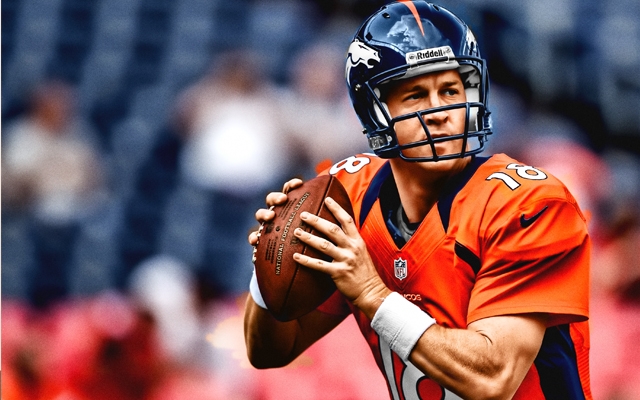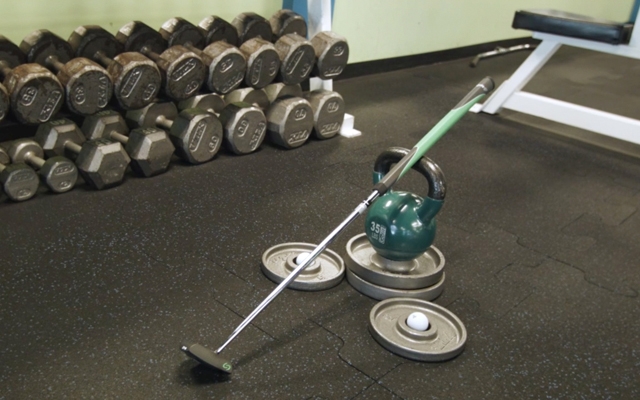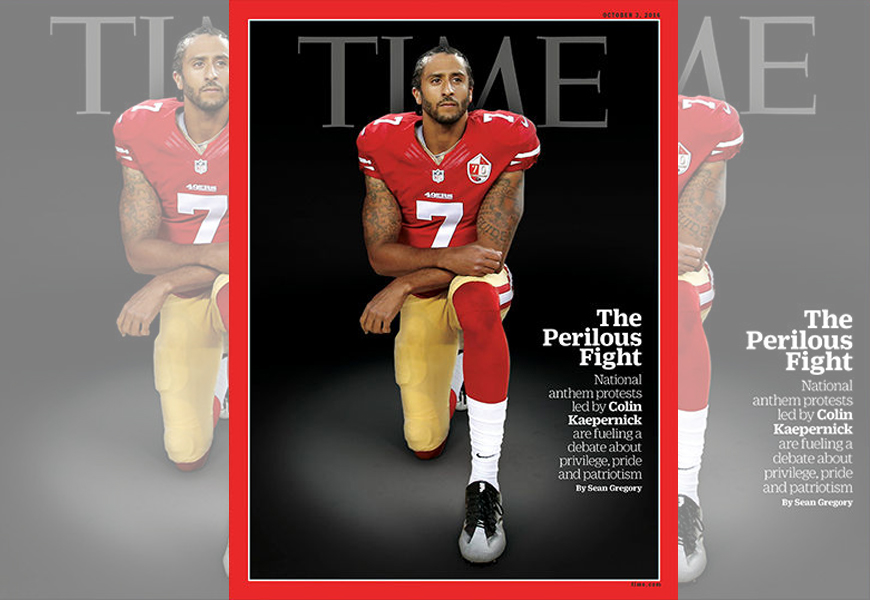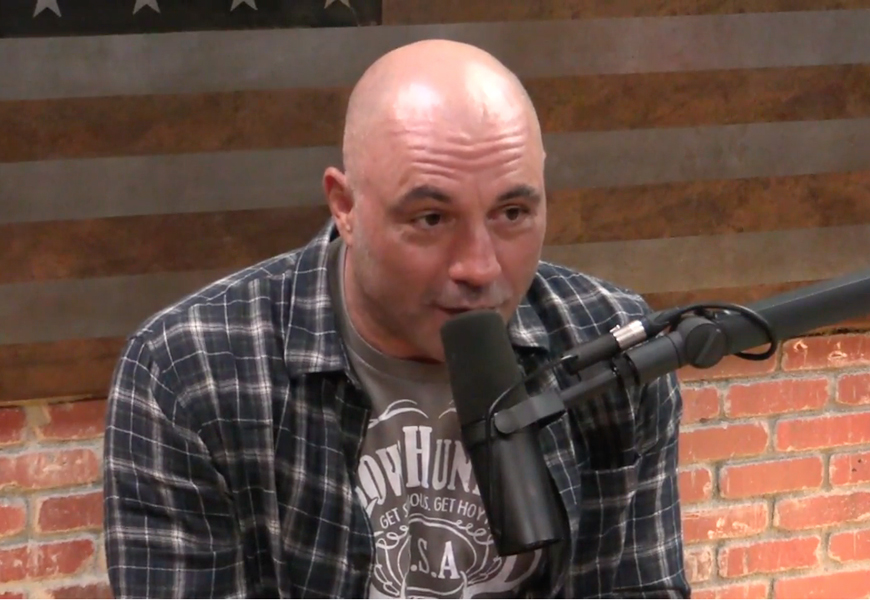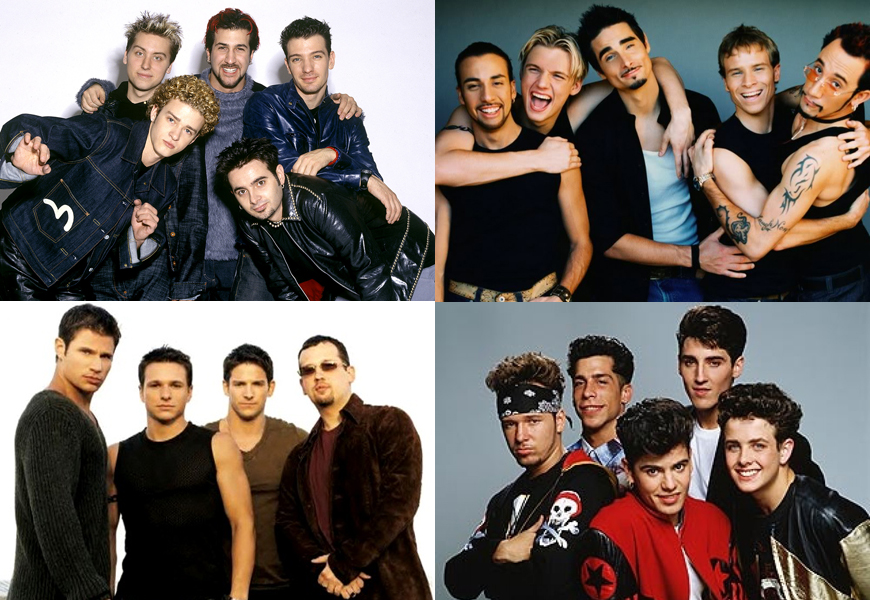Less than three years ago Peyton Manning couldn’t hold a football.
One of the greatest quarterbacks in NFL history couldn’t grip the laces of a ball he’d thrown thousands, maybe millions of times, let alone hit a moving target downfield while on the run.
It wasn’t even that long ago—May 2011—when Manning went in for surgery to fix a herniated disc in his neck. The procedure went smoothly and the pain Manning had almost gotten used to was gone. But also gone was the strength in his right arm, the arm that had earned him four NFL MVP awards, a Super Bowl MVP, and a no-doubt-about-it place in the Pro Football Hall of Fame.
The Indianapolis Colts, the only team Manning had played for in his 14-year career, opted to cut him loose after a second neck surgery, fearing not only that his best days were behind him, but that one bad play could end his career for good. It’s a decision that seems ridiculous now, but at the time it was absolutely the right choice—Manning himself wasn’t sure he would be able to throw a football again, let alone regain the impeccable form we had come to expect from him.
It would have been so easy to call it quits. He had won awards, captured a Super Bowl, even if he never threw another pass his name would be mentioned among the all-time great quarterbacks—at 35-years-old he’d had a remarkable career and had nothing left to prove.
But it was never about proving anything to anyone else for Manning.
He tried out for a handful of NFL teams, hopeful one would give him a shot even while knowing he still wasn’t in game shape. He eventually agreed to a five-year contract with the Denver Broncos, a huge commitment considering not only his injury, but his age—the contract extends nearly to his 40th birthday. But the Broncos were so convinced Manning could be great again that they traded away their young star quarterback Tim Tebow to make room for Manning’s comeback.
Even the Broncos couldn’t have known how incredible that comeback would be. Last season Manning led the team to a 13-3 record with near-career bests in completion percentage and passing yards, but the team lost in the playoffs to the eventual-champion Baltimore Ravens.
This season, though, has been by far the best of his career—maybe the best of any career. He set records for most passing yards and touchdowns in a season and his Broncos have looked nearly unbeatable. Of course, surely Manning won’t be satisfied until he’s won his second Super Bowl.
It takes toughness for any player to play in the NFL—every play has the potential to cause harm, any game could be a player’s last. But to return from an injury that probably should have ended his career—to literally put his neck on the line every game—and to play better than anyone ever has takes the kind of courage and resilience that only come along once in a generation.

